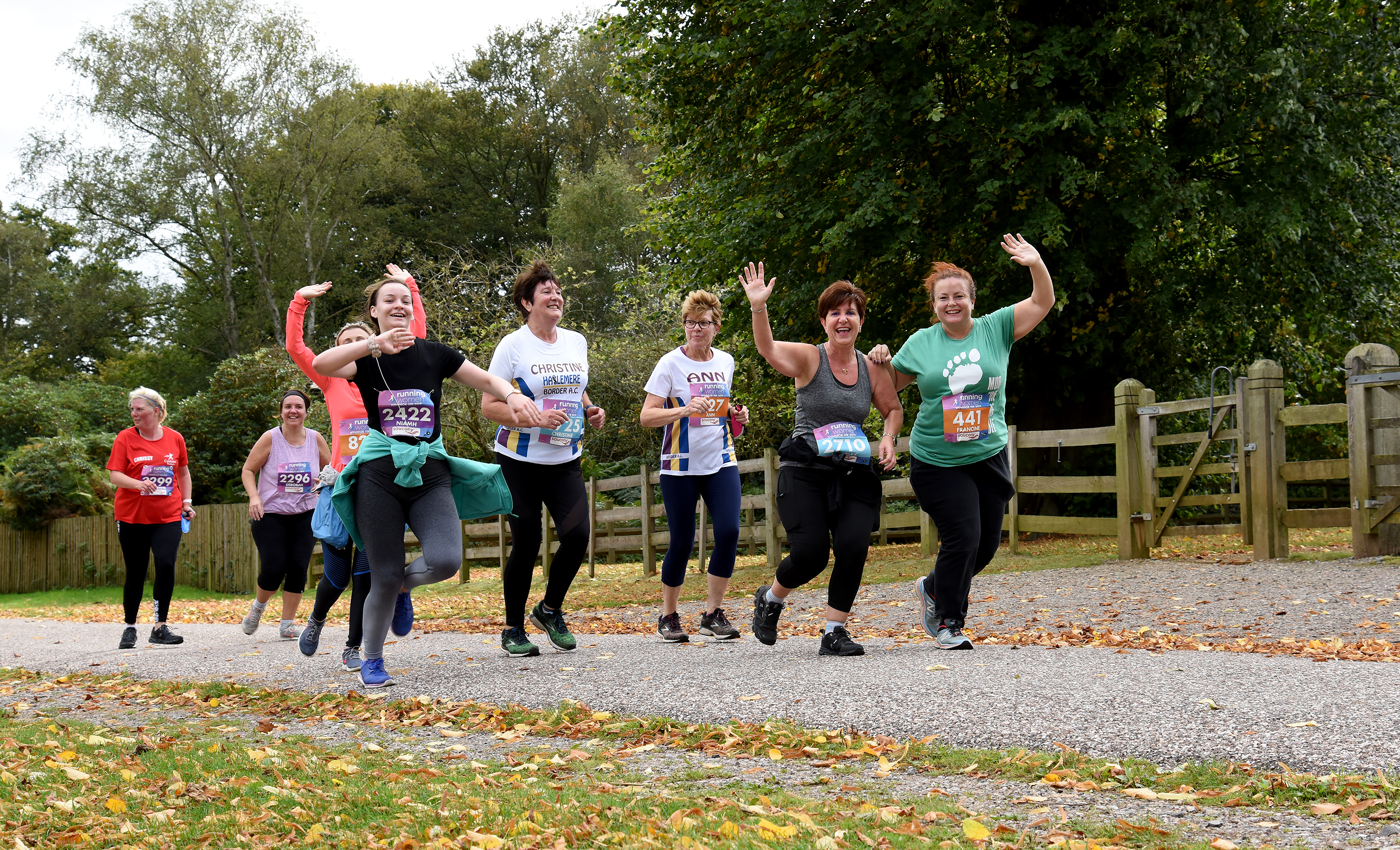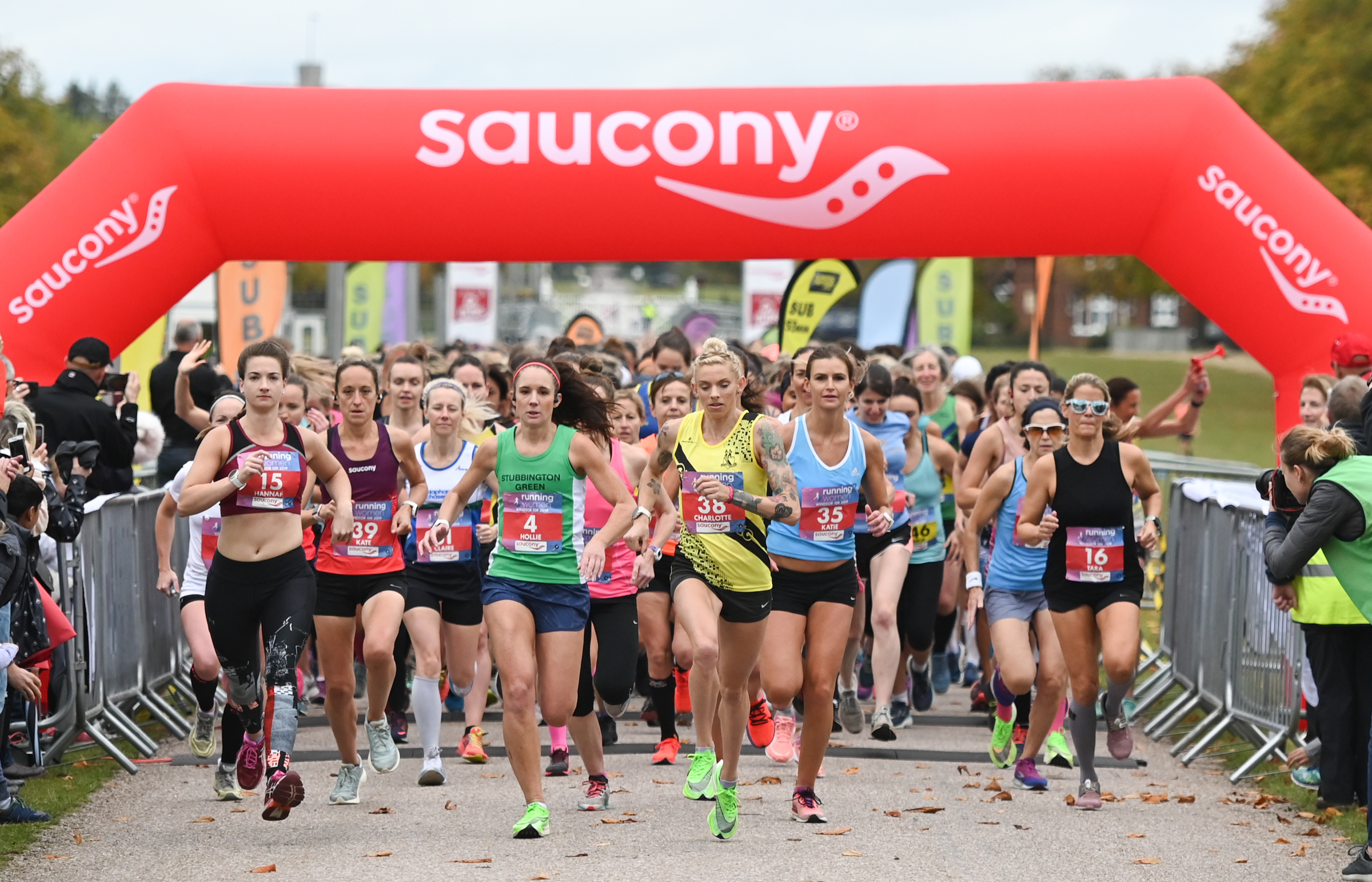How To Hydrate For Summer Running
Your hydration strategy starts before your running shoes go on!
If there’s one thing all runners understand, it’s how hot and sweaty running gets in the summer months. Whether you long for cooler weather or secretly revel in getting sweaty, we all need to pay attention to hydration.
Why does hydration matter?
Being well hydrated is about more than not feeling thirsty. There’s a fine line between hydration and dehydration, and on the other side lies poor running performance, muscle cramps, foggy brain, tiredness, and even lack of focus for work.
Water and electrolytes
Water is the most important factor in hydration, but you need to pay attention to electrolytes too. In fact, if you were to drink too much water without the right balance of electrolytes, this could send your body’s natural electrolyte levels off balance.
When you run in hot weather and humid conditions, you need to add electrolytes to your water (not all of the time, but certainly once a day). The key electrolytes are sodium, potassium, magnesium and calcium.
Of all these electrolytes, sodium is the one we lose most rapidly during exercise. You know those white marks on your skin or running kit. Yep, that’s your own sodium. Sweat can contains 200mg – 2000mg sodium per litre.
Why do electrolytes matter?
Electrolytes (especially sodium) are really important for almost every function in your body, from maintaining blood volume and blood pressure to helping your muscles work properly. Staying hydrated will help you when you run, but it will also help your body recover. It can even make losing weight easier, because hydration means you can manage hunger and cravings.
7 tips for better hydration
1 – Don’t let yourself get thirsty before you drink. Have water when you wake up, and carry a water bottle with you during the day. Get into the habit of sipping.
2 – Aim for 2+ litres a day. This is the minimum you should drink even in Winter. In hot weather and on training days, aim for more. Add sugar free squash, citrus fruit, garden herbs, or ice to make water more appealing.
3 – Your body will give you clues. If your wee is pale, you’re well hydrated. If it’s not – or if you don’t get the urge to urinate every few hours – you need to drink more. Dehydration also shows up as loss of elasticity in your skin, lethargy, and brain fog.
4 – Get into the habit of drinking water when you wake up. Your body loses a surprising amount of water overnight, especially in warmer weather.
5 – Lightly salt your food in hot weather, this will support your body’s sodium levels. A great snack for thirsty runners is crudites lightly sprinkled with salt (try cucumber batons or tomato slices).
6 – Use electrolyte tablets or an electrolyte powder in water once a day. All the sports electrolyte products on the market are designed for runners and endurance sports. Choose one with a flavour you’ll enjoy. Some have caffeine so choose wisely.
7 -Eat more water-heavy foods like cucumber, tomatoes, citrus fruit (almost all fruits and vegetables have a high water content – and yes it really does help with hydration).
Windsor Women’s 10k Saturday 27th September. Click here to enter now
Similar Posts:
- How To Hydrate For Summer Running
- Why Does Running Feel Harder In Hot Weather?
- A Female Runner’s Guide To Hydration (Before, During. After)
- How To Make Your Own Sports Drink For Running
- Optimise Summer Hydration With These 5 Electrolyte-Rich Fruits
- The Physical Benefits Of Great Hydration



